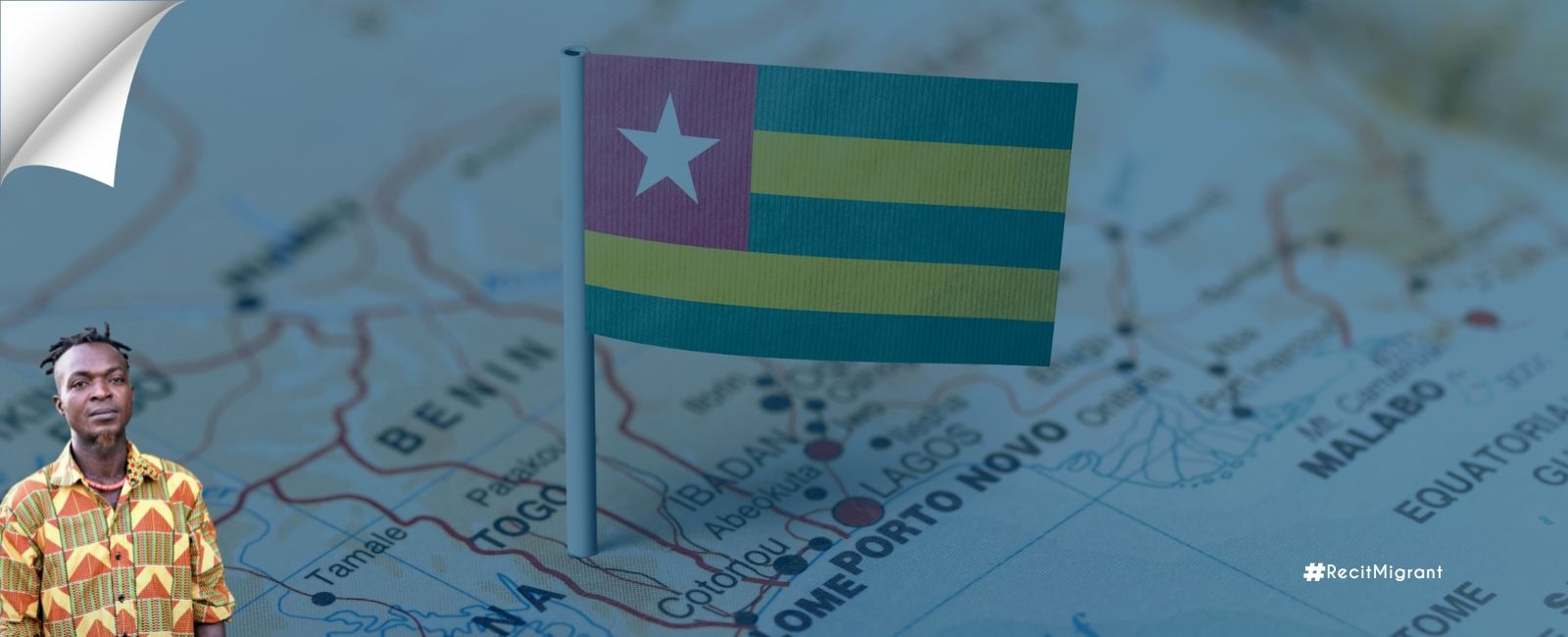

In the silence of unannounced departures, a phenomenon is shaping Togolese society without making headlines: rural exodus. Every year, thousands of young Togolese leave rural areas to try their luck in cities like Lomé, Kara or Kpalimé. While this internal mobility may seem natural, it has profound consequences on agriculture, family structures and the economic balance of rural areas. What are the reasons for these departures? What do they leave behind? And what becomes of them in the city?
The lack of opportunities in rural areas is often the main cause. Limited access to education, healthcare, digital technology, agricultural credit and decent incomes pushes young people to believe that their future can only be built in the city.
“I dropped out of high school due to lack of means. At home, it was either working in the fields or waiting for the season. I made the decision to come to Lomé to look for work. Here, at least, I can do small jobs and save a little,” said Esso A., 22, from Kambolé (Tchaoudjo), a locality in the Tchaoudjo prefecture, in the central region of Togo.
For Reine, 19, who came from Tchamba (a town in the central region of Togo) to work as a domestic helper in Lomé, “I just wanted to earn enough to buy my clothes, help my mother. In my village, there’s nothing for girls except marriage.“
Consequences for local agriculture
The mass departure of young people weakens agricultural production potential. With an aging population remaining in place, fields are less well maintained, harvests decrease, and some crops are abandoned. This harms food self-sufficiency and weakens local economies.
Mr. Abalo, a 56-year-old farmer in Kpélé Elé (a locality in the Plateaux region, in the southwest of the country): “My three sons are all in Lomé. I find myself with my wife and two grandchildren to plow. We can no longer cultivate as before. Even for maize, this year I had to reduce the area by half.“
Mrs. Essossina, a market gardener in Datcha (a locality in the Plateaux region): “In the dry season, it’s difficult to sell. Young people who go to the city no longer buy our products. We cultivate, but it’s difficult to sell.“
The impact on families left in the village
When young people leave, parents often find themselves alone, with more responsibilities and less support. This situation increases the precariousness of the elderly, children, and women.
“My son has been in Lomé for 4 years. He works as an apprentice mechanic. He said he would help me. But for the past two years, I haven’t received anything. I even had to sell a goat to treat my blood pressure,” emphasized Mrs. Amétivi, 63, in Kouvé, a locality in the Maritime region, in southern Togo.
Some families desperately wait for money transfers that are delayed or never come, and other broken promises. Adjovi, 14, who stayed with her grandmother in Anié (a town in the Plateaux region): “My older sister went to Sokodé, the second largest city in Togo, capital of the central region. She said she would send me a phone so we could write to each other, but I haven’t heard from her in three months.“
Arrival in the city: between hope and disillusion
Young people who move to urban centers hope to find work, but the reality is often harsh. Many end up in the informal sector: street vendors, construction site helpers, underpaid housekeepers, motorcycle taxi drivers (zemidjans). Access to housing, health, and security becomes a new struggle. Some end up in urban ghettos or fall into precariousness.
Élise, 21, a secondhand clothes seller in Agoè (northern outskirts of Lomé): “Here, it’s not easy. I sleep at a cousin’s place, six in one room. I try to sell at the market, but competition is fierce. Sometimes I miss the tranquility of the village a little.“
Mawuli, 25, a motorcycle taxi driver in Adidogomé (northwestern outskirts of Lomé):
“During the day I work as a helper on construction sites, at night I work as a motorcycle taxi driver, especially since the motorcycle isn’t mine. I came to Lomé intending to get a good job. I thought everything would change by coming here. But without a diploma, you take what you can find. I’m fighting to save money, but life is expensive.“
What solutions to rural exodus?
Rural exodus is not inevitable. It is possible to create favorable conditions in rural areas to retain young people:
- Develop local agro-industry and rural cooperatives.
- Facilitate access to agricultural credits and technical training.
- Invest in basic services: health, education, digital.
- Create leisure, culture, and innovation centers in rural areas.
Initiatives such as the Programme d’Appui à l’Employabilité et à l’Insertion des Jeunes dans les Secteurs Porteurs (PAEIJ-SP), Programme de Soutien aux Microprojets Communautaires (PSMICO), through the Ministry of Grassroots Development, have already shown encouraging results in Togo.
Recently Published
Subscribe to our newsletter!
Quick Links


